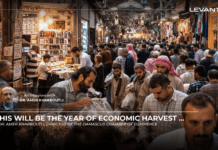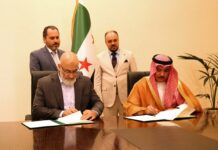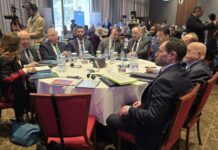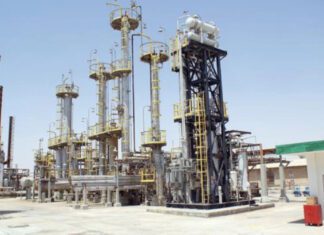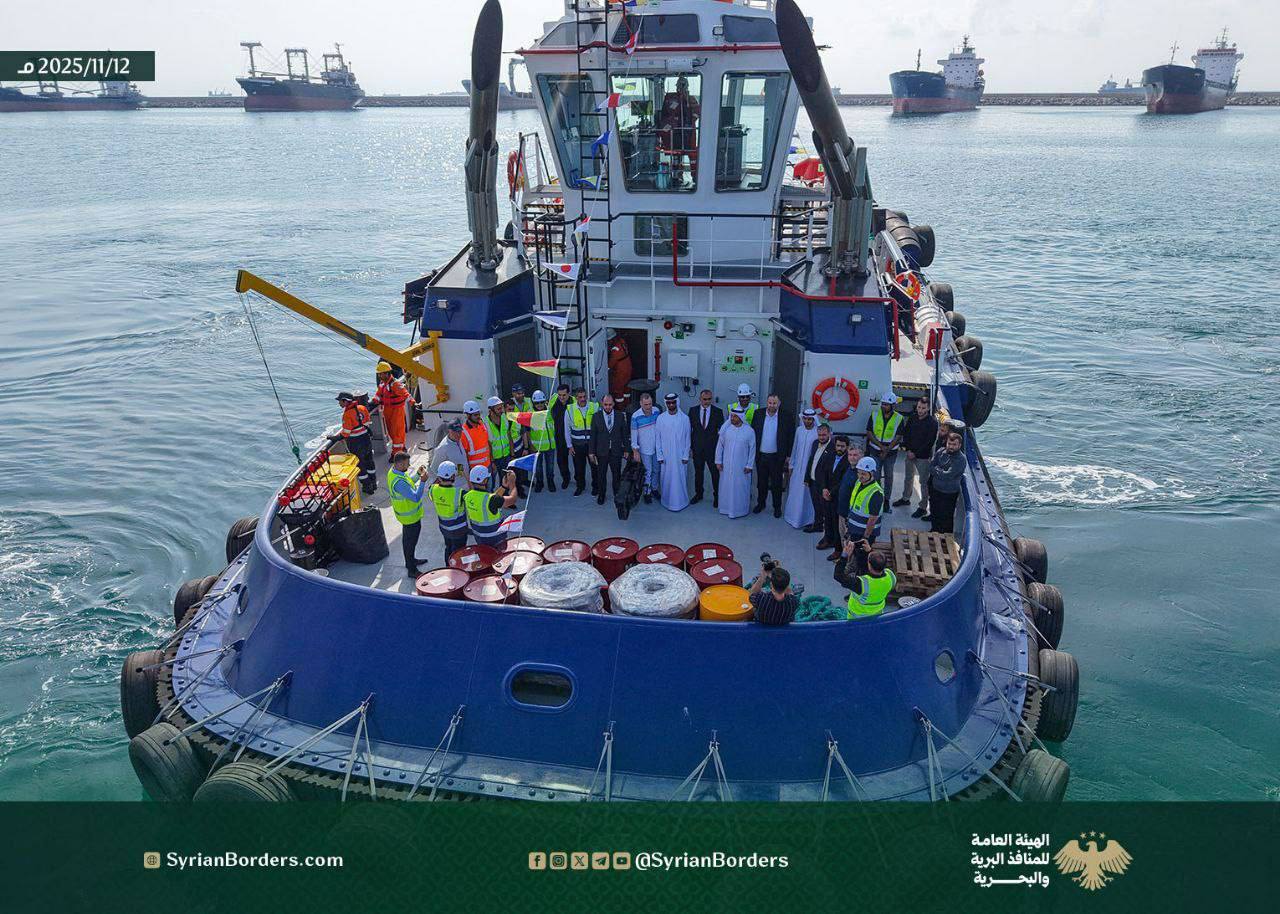
In a recent meeting with the Syrian community in the US, President Ahmad al-Shara highlighted the Syrian coast as one of the nation’s top regions for investment, second only to Aleppo. His statement underscored the growing attention directed toward the region’s economic and strategic potential.
A Vital Land-Sea Nexus
Captain Muhammad Jamal Othman, Head of the Chamber of Maritime Navigation, explained that the Syrian coast, stretching 183 kilometers along the Mediterranean, is rich in natural resources and economic opportunities. Its strategic geographic location strengthens its value in global markets, making it an attractive destination for maritime investments capable of boosting the national economy and supporting sustainable development.
Othman emphasized that the coast’s importance lies not only in its shores but also in its role as a vital land-sea junction. Syrian ports serve as logistical gateways for trade between Europe, Asia, and the Middle East. Combined with a skilled workforce, this advantage can be transformed into a powerful driver of growth.
Sectors Ready for Development
An analysis of investment opportunities reveals a balanced portfolio of promising sectors. The ports of Latakia and Tartous function as natural gateways for goods, yet their true potential lies in the development of complementary services, such as land-based logistics zones, automated customs and shipping systems, and trade finance services.
These enhancements can significantly reduce transit times and strengthen the coast’s position as a flexible and efficient regional transit hub. The General Authority for Land and Sea Ports has already launched investment initiatives and partnerships with international companies to align operations with global standards.
A notable example is Dubai Ports World (DP World), which has officially begun operations at Tartous Port under a 30-year concession agreement with Syria’s port authority. The company’s $800 million investment represents one of the largest foreign commitments to Syria in recent years and aims to modernize infrastructure, enhance logistics efficiency, and usher in a new phase of maritime sector development.
Great Potential in Fishing and Tourism
Othman also highlighted strong prospects in ship maintenance and boatbuilding, sectors supported by existing national expertise. Latakia and Tartous, with their fishing fleets and port infrastructure, are well-positioned for expansion into marine and mixed aquaculture. Complementary facilities such as cold storage units, export-oriented canning plants, and food safety laboratories can further strengthen this industry. Additionally, the region’s natural beauty and historical landmarks provide a solid foundation for developing integrated maritime tourism projects, a sector poised for high growth.
The Key Catalyst: Lifting Sanctions
Captain Othman concluded that the main factor for unlocking this potential is the lifting of economic sanctions, particularly the suspension of the Caesar Act. He stressed that easing these restrictions is essential for attracting investment and creating a favorable economic climate, especially in Syria’s promising coastal region.

